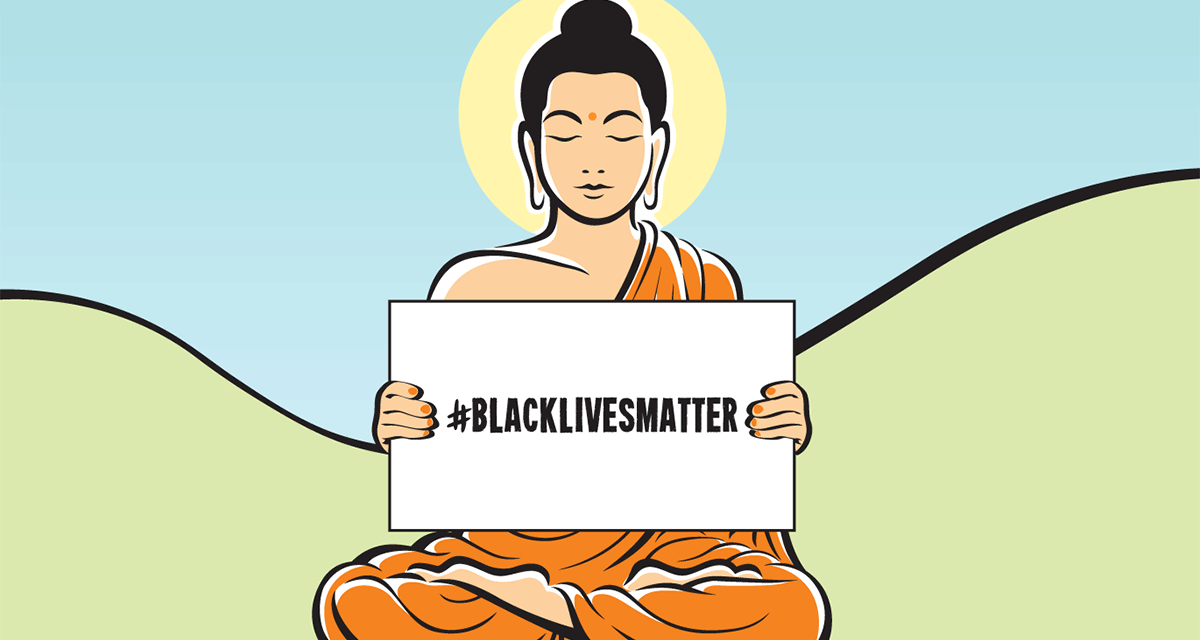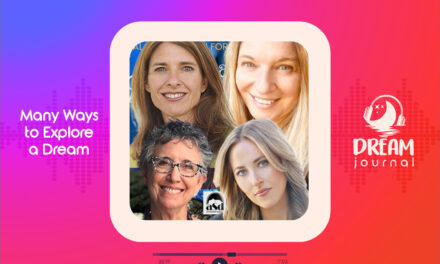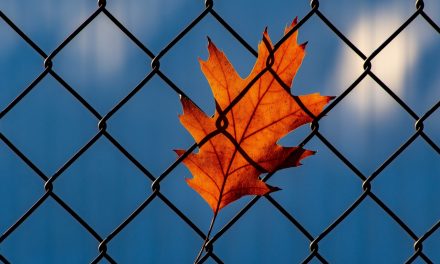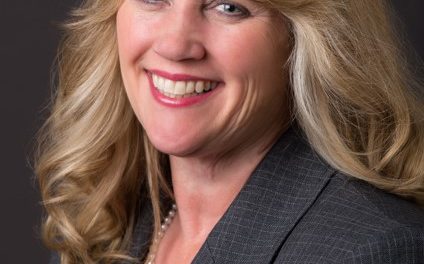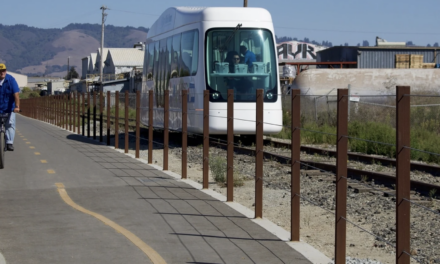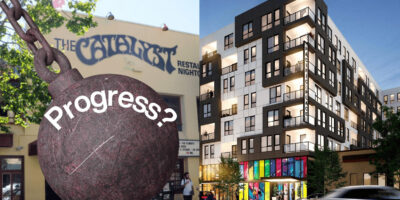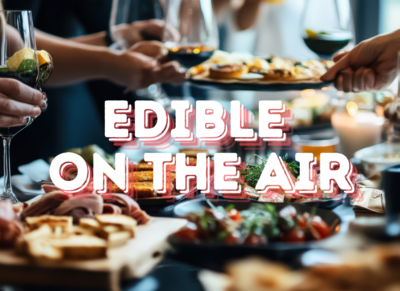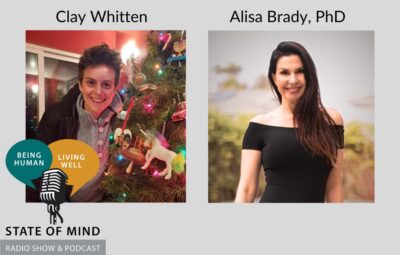
One of the defining characteristics of Buddhism is its explanation of two modes of existence: the absolute and the relative, or conventional. On the absolute level, we say that everything is merely labelled by the mind, nothing exists inherently, or independently. But does this mean that noticing individual characteristics and difference is somehow wrong or misguided? What is the role of identity within this view?
Many people interested in Buddhism, introspection and self-development are also interested in politics, activism and social change. How do we reconcile this work with our view of the ultimate, and unify and integrate the work we do internally with the changes we seek externally? Can we hold this view while still naming and addressing harmful policies in our government, workplaces, or even family structures?
Join our conversation with special guests Ven. Lozang Yönten and Emily Hsu, experienced Buddhist teachers, for this exploration of the balance between the absolute and the relative. With guest host Mathew Divaris.
Show Notes:
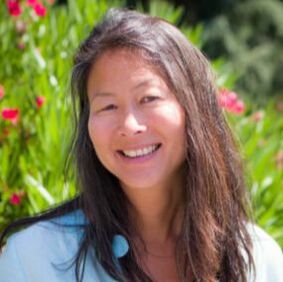

Venerable Yönten, our second guest, started her intensive Buddhist studies at age 19 at the Chenrezig Institute in Queensland, Australia, and was ordained in 2003. Ven. Yönten studied intensively under Khensur Rinpoche Geshe Tashi Tsering for seven years, completing an advanced Buddhist Studies Program and is authorized to teach at the in-depth level. Ven Yönten has taught widely in Australia, New Zealand, Israel, India and Taiwan — and is now leading classes hosted by Land of Medicine Buddha right here in Soquel.
Ven Yönten can be found online at lozangyonten.wixsite.com/website

